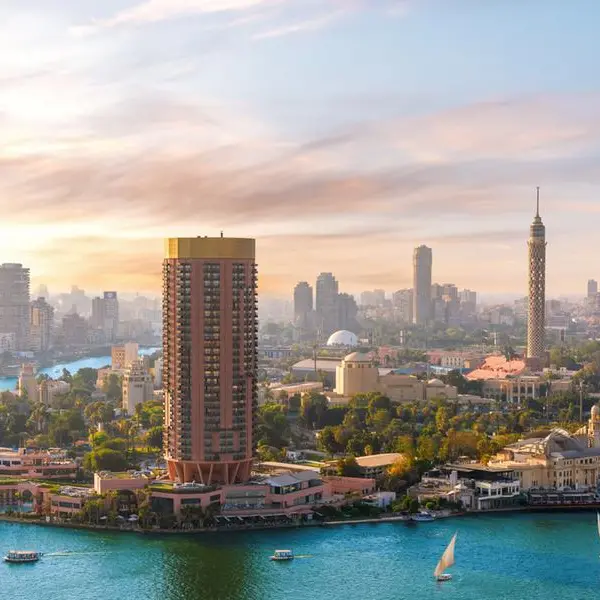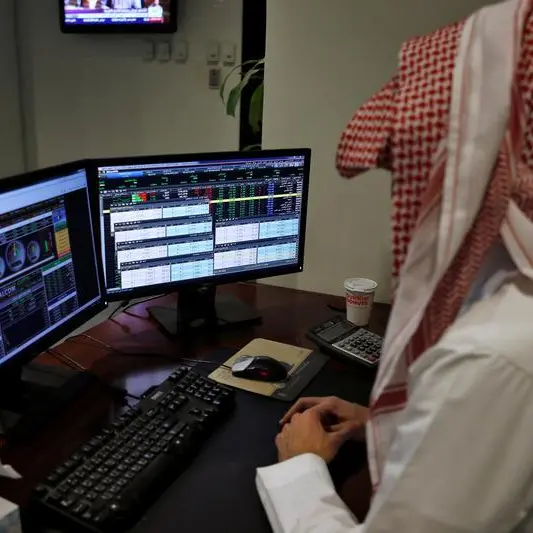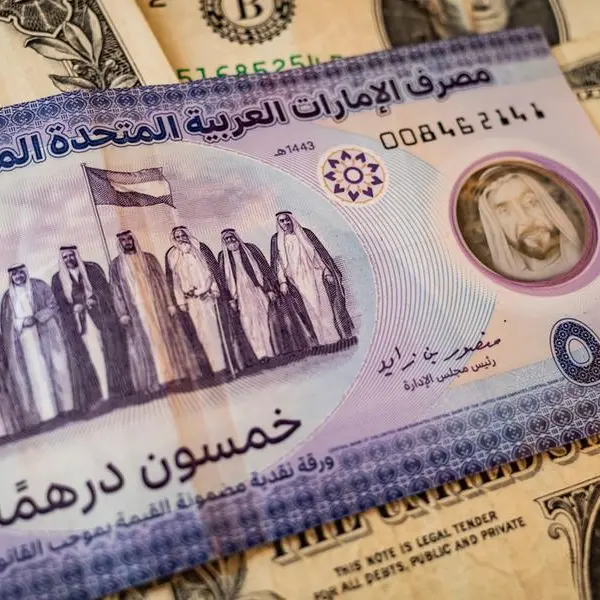PHOTO
UAE - In the UAE, financial wealth, generated by ultra-high-net-worth individuals and family offices is forecasted to increase to 46 per cent by 2026. It is estimated that the overall UAE’s financial wealth will continue to grow at a compounded annual rate of 6.7 per cent and reach $1 trillion by 2026. This is according to the findings of the ‘2023 Global Family Office Compensation Benchmark Report’ by KPMG and Agreus.
With the UAE’s rise in the establishment of new family offices, wealthy families from around the world have recognised the country’s appeal as a destination for their offices stemming from its combination of tax advantages, strategic location, robust financial services sector, and high-quality lifestyle amenities.
The report surveyed the views of family office chief executive officers, managing directors and staff to analyze succession planning, social mobility, and governance structures. It found that global family offices plan to diversify away from risky areas and invest in traditional, safe arenas where track records have already been achieved. This includes decentralising risk by spreading investments across multiple areas with high return. Crypto – a burgeoning area of interest in the UAE – could play a small role in global family office portfolios as CEOs and MDs explore it.
The report found that family office leaders in the region are aggressively pursuing strategies to grow their wealth and reputation. Nearly half (47 per cent) of all family offices in the UAE also have a succession plan in place, while 30 per cent of UAE CEOs are also able to earn more than 50 per cent of their salary as an additional bonus. The report also indicated a strain on recruiting talent for family offices in 2022, leading to a standardisation to compensation with long term incentives and a structured approach to recruitment.
In the UAE, family businesses remain very competitive buoyed by initiatives by the government to support them as they recognize their role in accelerating the growth of the national economy. In recent months, UAE has rolled out numerous programmes, initiatives, and regulations, all designed to support the evolution and growth of the family business. A new set of governance guidelines issued by the UAE aims to assist family businesses in establishing effective governance and facilitate a smooth succession, ensuring business continuity.
Raajeev B Batra, partner and head of private enterprise at KPMG Lower Gulf, said: “Middle East family offices are approaching 2023 with an educated outlook. Previously many family offices focused heavily on investments and less on having a robust sophisticated operational infrastructure, but this trend has changed. The regulatory framework in the UAE more specifically has been a significant driver in attracting family offices to set up in the country.”
Tayyab Mohamed, co-founder of Agreus, said: “The contribution of family-owned businesses in the region cannot be stressed enough. They continue to remain a crucial part of the economy, with the UAE and KSA rapidly rising within this space. With the recent initiative by the DIFC to create the Global Family Business and Private Wealth Centre, we believe the Middle East is very competitively placed to be a hub for family offices in the future.”
The report also found that UHNW families are increasingly introducing employee participation schemes like profit sharing, rise in B corps and interest in employee ownership trusts, whereas on the personal side, family offices are devising professional compensation structures that incentivize excellence and ensure longevity in their new hires.
Copyright © 2022 Khaleej Times. All Rights Reserved. Provided by SyndiGate Media Inc. (Syndigate.info).





















